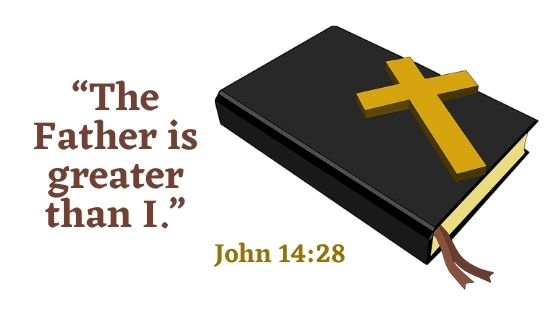Finding Hope Amidst Difficult Times
The year 2020 could well go down in history as one of the most challenging years we all had to face as a result of the Covid 19 pandemic. But we cannot and should not lose hope. Amidst trials and in difficult times, there is hope. Christians can enjoy living in victory even when all … Read more










